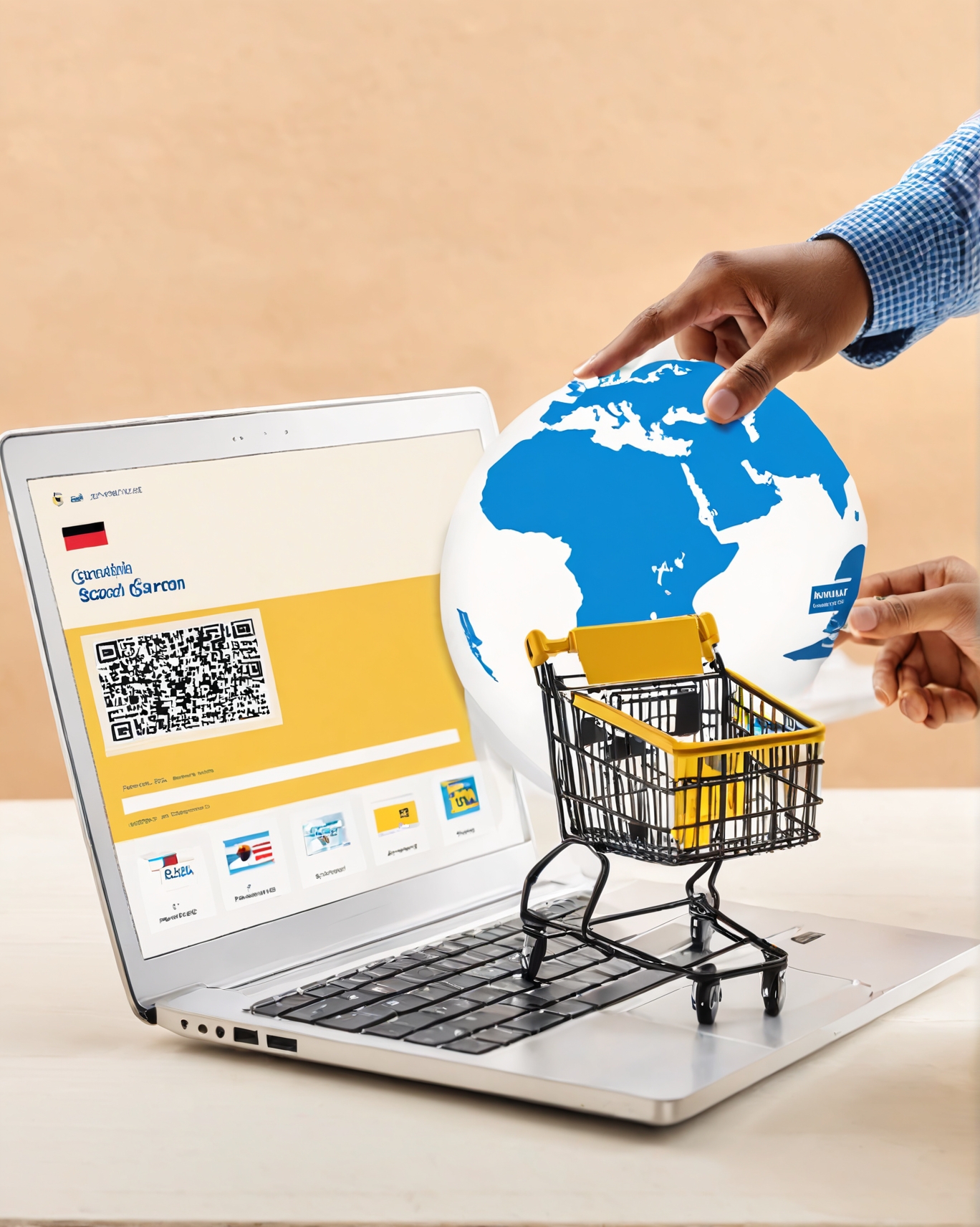Expanding Your Brand’s Reach: How to Succeed in International E-Commerce Markets
 Rohit Bahroonani
Rohit Bahroonani
As the e-commerce landscape grows globally, more businesses are exploring opportunities in international markets. While expanding into new regions can open up vast revenue streams, it comes with its own set of challenges, from navigating local regulations to adapting marketing strategies to suit different cultural preferences. Success in international e-commerce requires careful planning and the right strategies to ensure that your brand resonates with diverse audiences.
Here’s a guide on how to successfully expand your e-commerce business into international markets.
1. Understand Market Trends and Consumer Behavior
Before entering any international market, it’s crucial to research and understand the local trends and consumer behavior. Different countries have distinct preferences, shopping habits, and cultural nuances. For instance, consumers in Europe may prioritize eco-friendly products, while shoppers in Asia may lean towards tech-driven features.
By conducting market research, you can identify the products that have the highest demand in your target region and tailor your offerings accordingly. Additionally, understanding local holidays, shopping trends, and events can help you plan promotions that align with consumer preferences and drive sales.
2. Localize Your Website and Marketing Materials
Localization goes beyond simply translating your website into another language. It’s about adapting your content to fit the cultural and linguistic nuances of each market. This includes using localized keywords, tailoring product descriptions, and ensuring that images and messaging resonate with local audiences.
Localization also extends to payment methods and customer support. Offering payment options that are popular in the region, such as digital wallets or cash-on-delivery, can significantly improve conversion rates. Providing customer service in the local language is another essential factor that enhances the shopping experience and builds trust with international customers.
3. Navigate Local Regulations and Taxes
One of the most complex aspects of international e-commerce is complying with local regulations, taxes, and customs requirements. Each country has its own set of rules regarding product imports, taxes, and consumer protection, which can vary significantly. Ensuring that your business complies with these regulations is essential to avoid legal complications and delays in shipping.
It’s advisable to work with legal and tax professionals who specialize in international trade to ensure that your business operates smoothly in new markets. Additionally, understanding the VAT, tariffs, and customs duties in each country can help you set the right pricing for your products and avoid unexpected costs.
4. Optimize Your Logistics and Shipping
Efficient shipping and logistics are crucial to the success of any international e-commerce business. Customers expect fast, reliable shipping, regardless of their location. Partnering with international logistics providers or using third-party fulfillment services can help you streamline shipping operations and reduce delivery times.
It’s also important to offer transparent shipping policies, including details on delivery times, shipping costs, and any potential customs fees. Providing order tracking and regular updates to customers can further enhance their shopping experience and build trust in your brand.
5. Build a Strong Global Marketing Strategy
Expanding into international markets requires a well-rounded marketing strategy tailored to each region. While digital advertising, SEO, and social media remain essential tools, the way you implement them may differ from country to country. For example, platforms like Facebook and Google may dominate in some regions, while in others, local platforms like WeChat or Yandex may be more effective.
In addition to paid advertising, brands should focus on local influencer marketing, PR campaigns, and content marketing that speaks directly to the target audience’s preferences. Collaborating with local influencers or ambassadors can help build trust with new customers and establish your brand as an authority in the market.
6. Build Trust with Local Customers
Trust is a key factor in any successful e-commerce business, especially when expanding internationally. Offering secure payment methods, clear return policies, and responsive customer support helps build trust with international customers. Reviews and testimonials from local shoppers can also boost credibility and encourage new customers to make purchases.
Additionally, engaging with customers on social media, responding to feedback, and being transparent about your brand’s values can help foster trust and loyalty. Building a strong local presence ensures that your brand is seen as trustworthy and reliable in each new market.
Conclusion
Expanding into international e-commerce markets is an exciting opportunity for brands looking to grow their reach and revenue. By understanding local market trends, optimizing logistics, and tailoring marketing strategies, businesses can successfully navigate the complexities of global e-commerce. For more insights and solutions on how to streamline your global e-commerce expansion, explore international e-commerce strategies that can help your brand thrive across borders.
Subscribe to my newsletter
Read articles from Rohit Bahroonani directly inside your inbox. Subscribe to the newsletter, and don't miss out.
Written by

Rohit Bahroonani
Rohit Bahroonani
I help businesses and individuals leverage the power of digital marketing to grow their online presence. With a focus on SEO, content creation, and video storytelling, I enjoy sharing practical insights and strategies that deliver real results. I'm also passionate about fitness and enjoy providing tips for maintaining a healthy lifestyle. Whether it’s digital marketing tactics or fitness advice, I’m here to offer practical guidance. Ask me anything about online course creation, SEO strategies, YouTube growth, or fitness tips!